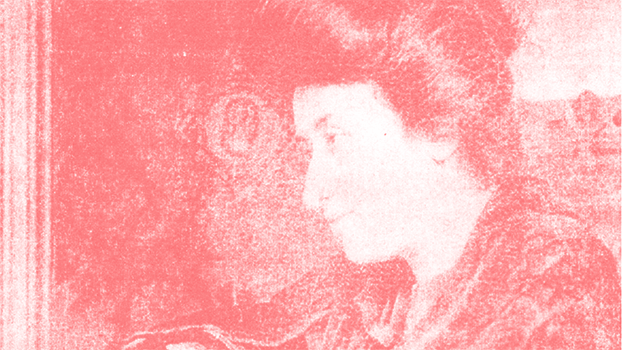Share Twitter Facebook Email Copy URL
Three essays on Rosa Luxemburg

Ankica Čakardić is assistant professor and chair of Social Philosophy and the Philosophy of Gender at the Faculty for Humanities and Social Sciences, University of Zagreb. Her research interests include social and political philosophy, Marxism, intellectual history, Marxist–feminist and Luxemburgian critiques of political economy, and the history of women’s struggles in Yugoslavia. She has been awarded grants to study in Warsaw and Budapest, and has been a guest lecturer at universities in Latvia, Germany, the UK, Spain, Serbia, Slovenia, Switzerland, Sweden, Austria, Greece, and the US. She is the author of Spectres of Transition: Social History of Capitalism. Since 2018 she has been a member of the editorial board of The Complete Works of Rosa Luxemburg published by Verso Books.
A new publication from the Rosa-Luxemburg-Stiftung’s Southeast Europe Regional Office in Belgrade, translated by Andrew Hodges.
“Ankica Čakardić’s monograph Like a Clap of Thunder is an extremely valuable, powerful and above all inspiring triptych of sharp and energetic philosophical-political essays on Rosa Luxemburg, which offers us a multi-layered introduction to Luxemburg’s thought and works in a contemporary and historical context.
The first text in the triptych guides the reader through the key trajectories of Rosa Luxemburg’s biography, evoking both her historical significance for Marxist and feminist theory and politics, as well as the distinctive character, thoughtfulness, sensitivity, and vitality of this revolutionary woman—a woman of a special intimate-public ethical cast and poetic texture.
The central piece that Čakardić offers us in the ‘triptych on Rosa’ is the foundational piece—it contains an analysis of the relevance of Rosa Luxemburg’s economic thought in The Accumulation of Capital and of the relevance of her spatial dialectics for today’s Marxist-feminist theories of social reproduction.
The final part of the triptych gives an overview of how the works of Rosa Luxemburg were translated during the twentieth century in Yugoslavia, and of how they have been interpreted and shortened and/or neglected in academic thought and the intellectual life of the socialist period. This has to be a reminder and lesson for today’s regional Marxist and feminist production.”
—Jasmina Husanović, Faculty of Philosophy at the University of Tuzla



